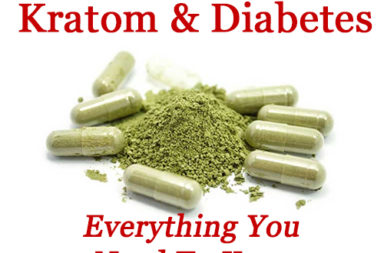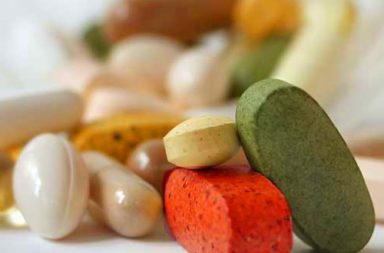The cancer agency at the World Health Organization has recently declared that one of the most popular weed killers in the United Kingdom is quite likely carcinogenic.
Anyone who might use the domestic herbicide “Roundup” have been advised to reconsider since the compound contains something called glyphosate.
According to the International Agency for Research on Cancer (IARC), the herbicide has been detected in air, water, and in food but also “in the blood and urine of agricultural workers, indicating absorption.”
Andreas Kortenkamp is a professor of human toxicology at Brunel University, in London. He says that anyone who applies the weed-killer to their plants is vulnerable to it.
“Professional gardeners would industrial strength glyphosate to totally wipe their garden of all plants. Amateur gardeners can also buy it as Roundup in a formulation which is not as strong,” he explains, adding, “Anyone who sprays it could get a whiff of it. People should be very careful with this stuff and consider whether they need it. Home gardeners should hand weed to be on the safe side.”

He urges that national agricultural regulatory bodies should take this advisory warning very seriously.
Explaining that glyphosate is designed to inhibit an enzyme crucial to photosynthesis, professor Kortenkamp said continues, “It is one of the most widely used herbicides worldwide. The important thing is 2A categorization in the IARC is equivalent to 1B in the European Union, which means it will not receive authorization,” adding, “It gets into the plant, then shrivels it up so it turns brown and then dies. It is marvelous for plants with horrible invasive roots like dandelions or bind weed.”
Indeed, this study is important because glyphosate is actually used in more than 750 different products in the agriculture and forestry industries as well as in both urban and home applications.


